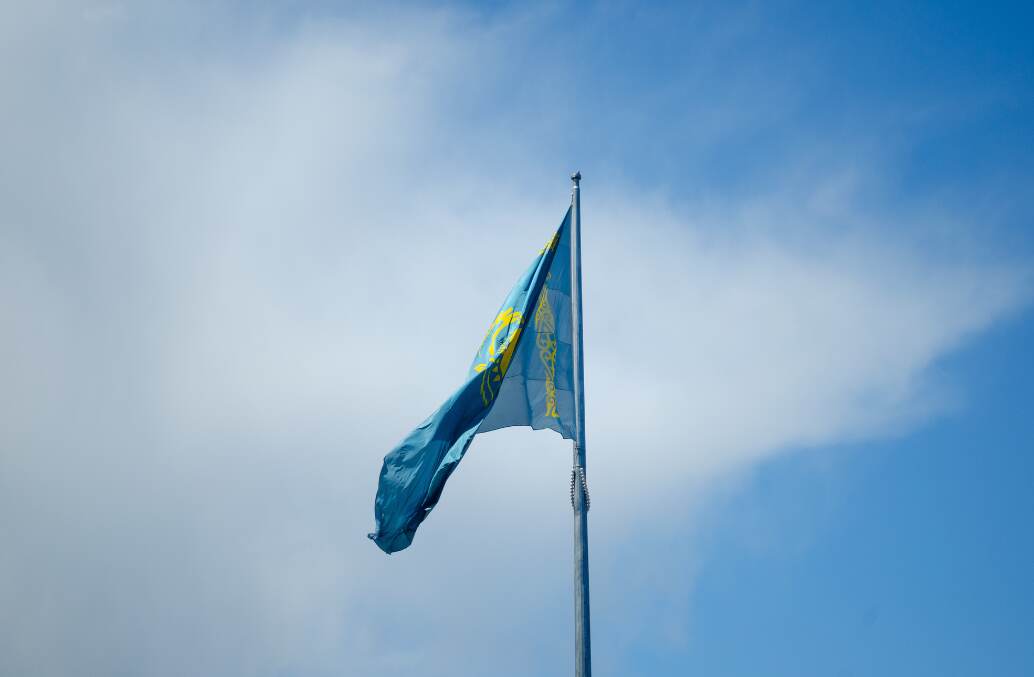Kazakhstan to Cease Hosting Astana Process Talks, Parties Seek New Location
Kazakhstan has been hosting the Astana peace process for Syria since 2017, in order to end the decade long bloody civil war . The nation’s decision to stop hosting the talks comes as a surprise to Russia, Turkey, Syria and Iran, the four parties involved. Despite this development, the parties have praised latest round of talks was “constructive” and discussed progress in preparing the plan for the restoration of relations between Turkey and Syria.
Kazakhstan has been hosting the Astana peace process for Syria since 2017 . The nation’s decision to stop hosting the talks comes as a surprise to Russia, Turkey, Syria and Iran, the four parties at the talks. Despite this development, the parties noted that the latest round of talks was “constructive” and discussed “progress in preparing the plan for the restoration of relations between Turkey and Syria.” Representatives from the UN and other countries in the region were also present as observers and expressed their hopes of seeing a swift end to the conflict and the return of refugees living in their countries. Russia has been involved in the Syrian conflict since 2015, when it launched a military campaign in the country in favor of Asad Regime which is also backed by Iran.
Turkish forces have been backing opposition fighters in the country, while the country’s foreign minister recently agreed to a roadmap with Syria to improve strained ties. However, Syrian Assistant Foreign Minister Ayman Sousan called on Turkey to produce a “clear timeline” for the withdrawal of its troops from Syria. Despite this, Kazakhstan’s foreign ministry noted that initial goals of the talks, including the creation of de-escalation zones, ending the bloodshed and reducing the number of casualties have been accomplished. The parties are now looking for a new location to host the talks in the second half of the year, such as Moscow, Ankara, Tehran, or even Syria has been ravaged by a civil war since 2011 which was marked as the "Arab Spring" meaning time for positive democratic change in the middle east. However, as many observers say the " Arab Spring" soon turned into " Arab Autumn" as the region plunged into civil wars and terrorist outfits began controlling territories in war torn Syria, Yemen, Iraq, Libya etc. The Syrian regime led by Bashar-Al-Asad through the backing of Russia and Iran has been able to withstand the adversities and continues to stand tall.




